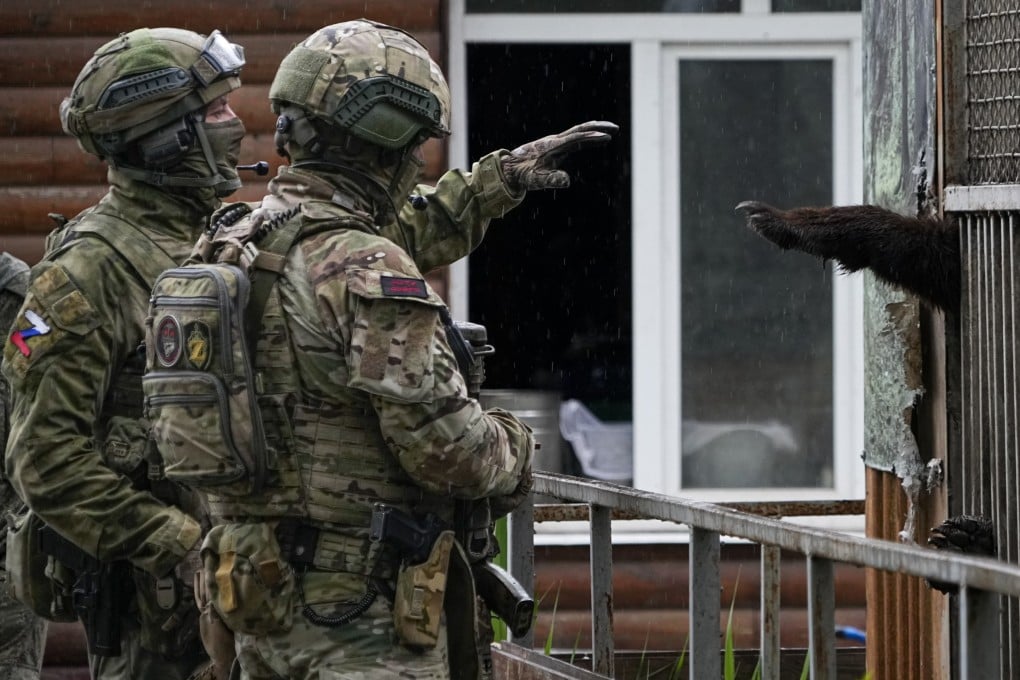Russian military expert backtracks on grim Ukraine war prognosis on state TV
- Russian former colonel openly criticised Vladimir Putin’s invasion of Ukraine on state TV on Monday
- Two days later, he was boasting about Russia’s military strength and playing down Western weapons

Following a surprisingly pessimistic evaluation of Moscow’s war with Ukraine during a Russian state TV appearance earlier this week, military expert Mikhail Khodaryonok has publicly backtracked.
To believe that the Ukrainians could launch a counteroffensive is “a great exaggeration”, the 68-year-old said on 60 Minutes late on Wednesday.
The programme is typically regarded as the Kremlin’s mouthpiece. Critical opinions are largely silenced in public. A new law also provides for up to 15 years imprisonment for alleged “fake news” about Russia’s armed forces.
While Khodaryonok had recently emphasised the strong will of Ukrainian soldiers to fight and importance of their weapons from the West, he now stressed that Russia’s armed forces were specifically tracking down and destroying foreign weapons.
“Soon all that will be left of the American howitzers will be a memory,” he said. Editors later inserted these words again in the broadcast as a large quotation board.